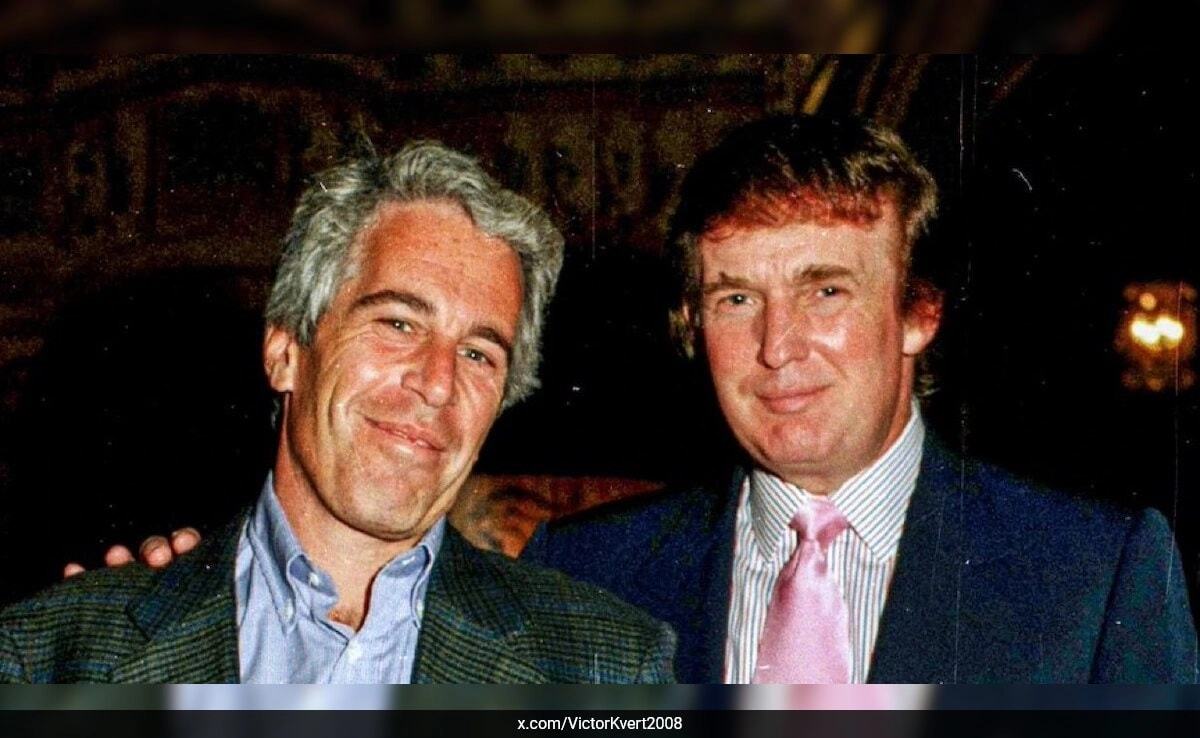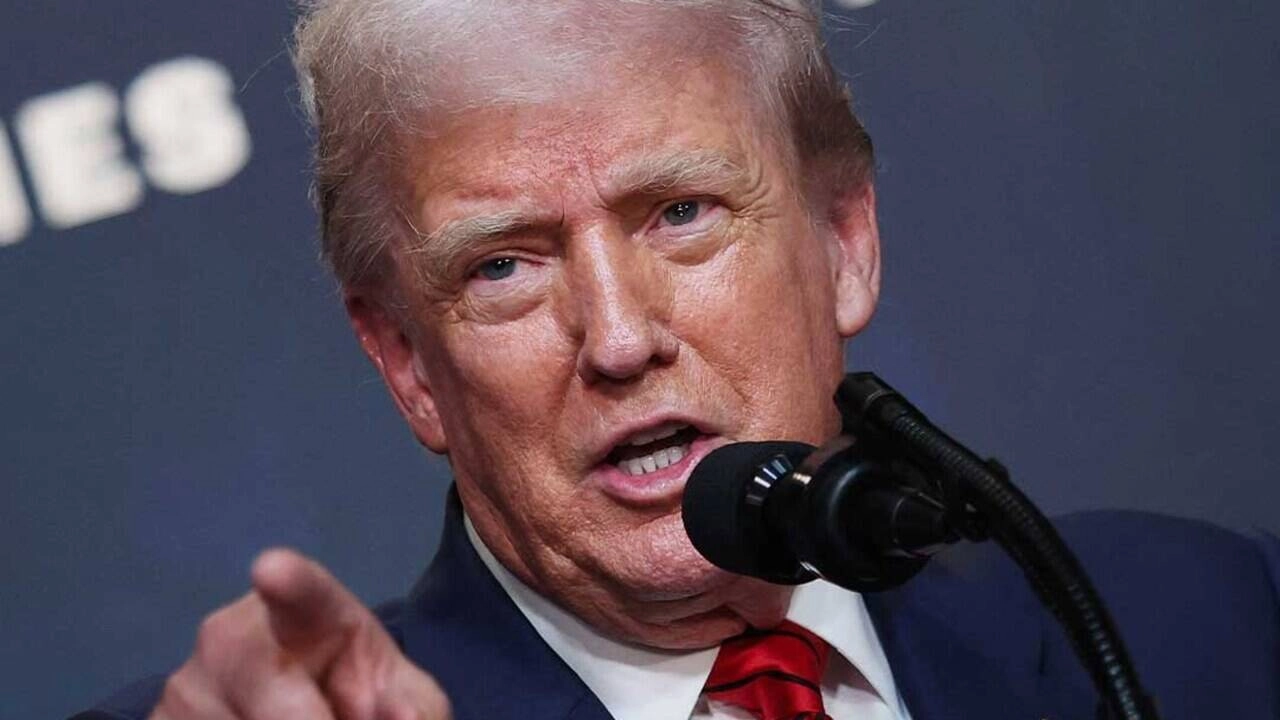In a recent statement, former President Donald Trump made headlines by claiming that Jeffrey Epstein “stole” young women from the Mar-a-Lago spa during his time in Florida. This assertion has sparked considerable media attention and public discourse, particularly given the serious allegations surrounding Epstein, who was a convicted sex offender and faced numerous accusations of trafficking underage girls. Trump’s remarks seem to suggest a connection between Epstein’s notorious activities and the luxurious setting of Mar-a-Lago, a private club and residence that has been a focal point of Trump’s life and presidency.
The context of Trump’s comments raises questions about his relationship with Epstein, who was known to socialize with various high-profile figures, including politicians and celebrities. While Trump has previously distanced himself from Epstein, stating that they were not close friends and that he had not seen him in many years, this latest statement indicates a more complex narrative. It reflects the broader societal response to the scandal surrounding Epstein, as many individuals grapple with the implications of his actions and the environments that allowed them to occur.
Moreover, Trump’s use of the term “stole” carries significant weight, as it implies a sense of victimhood for the women involved, while simultaneously casting a shadow on the reputation of Mar-a-Lago. This raises ethical considerations about how high-profile individuals discuss and contextualize issues of sexual exploitation. The former president’s comments may serve to deflect scrutiny from his own associations while drawing attention to the broader issue of sexual violence and trafficking.
As the conversation continues, it is essential to critically examine the implications of Trump’s statements. They highlight the need for accountability and awareness surrounding such grave issues, particularly in spaces that are often glamorized in the public eye. The dialogue surrounding Epstein and his victims is far from over, and Trump’s remarks may inadvertently contribute to a larger discussion about the responsibilities of influential figures in addressing and preventing such abuses in society.




